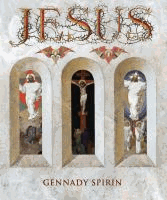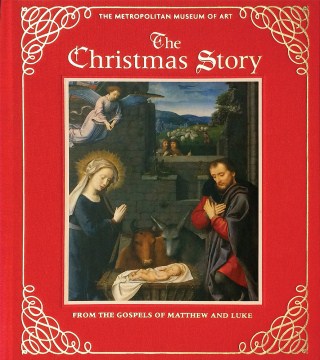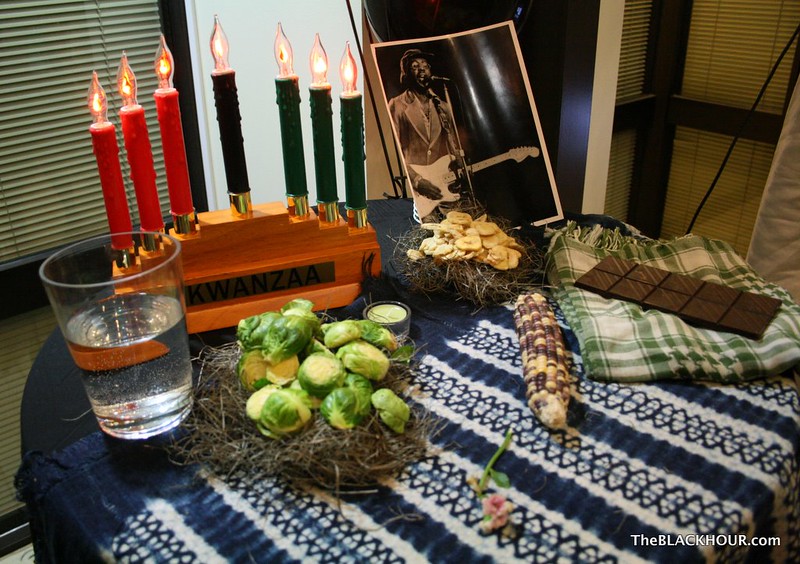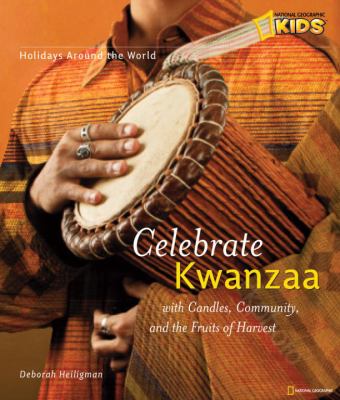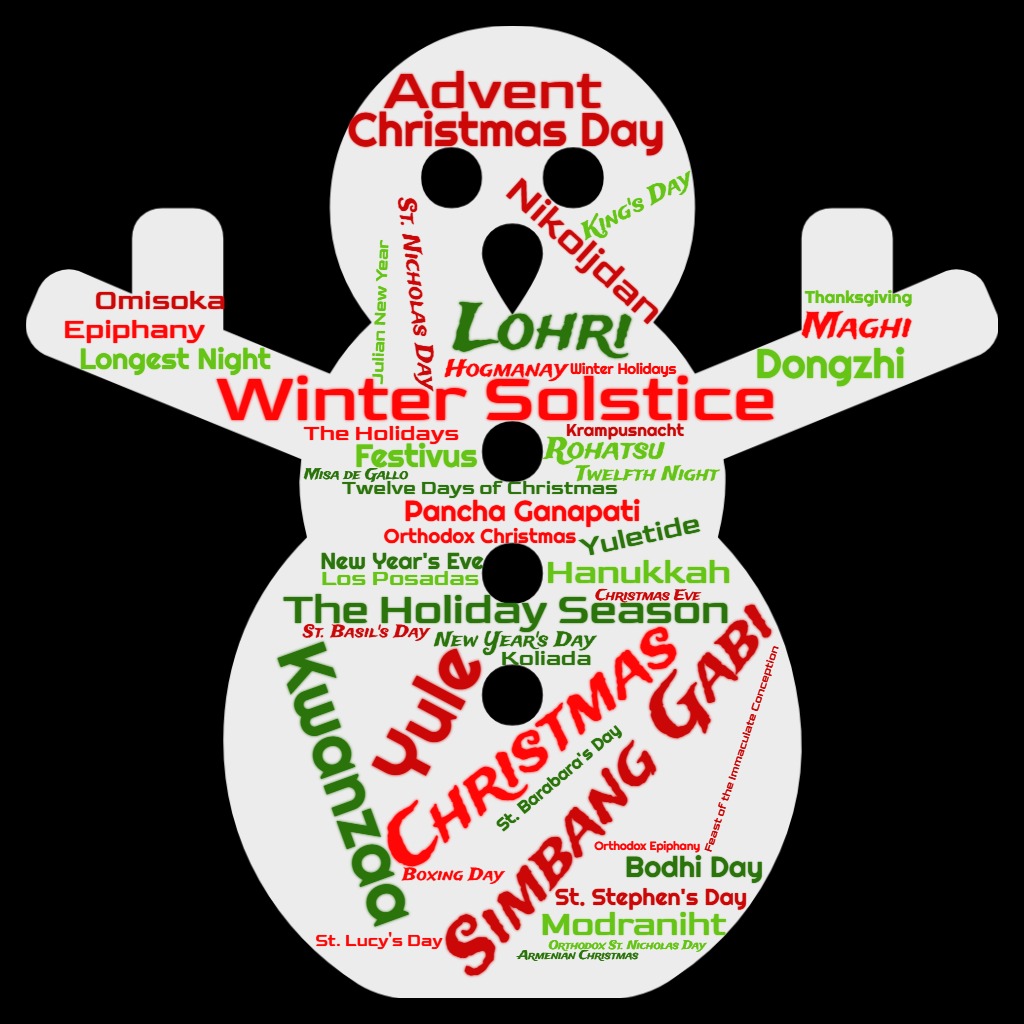Christmas Eve is December 24
For many Canadians and for millions of people around the world, Christmas is a secular holiday. It is not a religious holy day, rather it is a cultural event based on things such as family, gift giving and charity. For many Christmas is focused on children and the central figure is Santa.
Yet for many millions of of other people in Canada and around the world, Christmas Eve is a deeply significant night of the year in spiritual terms. Christmas emerged as the Christian celebration of the birth of Jesus. Whether in churches or other places of worship, or at home, or in other locations, Christians gather together celebrate the Nativity, the birth of Jesus.
Check out some of these books from our display, “Holidays and Holy Days.”
